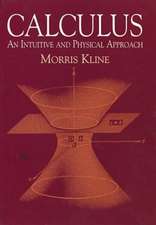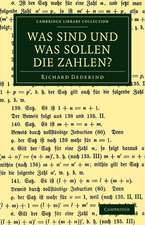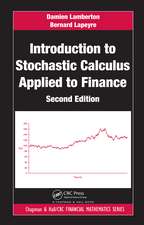Numerical Methods III - Approximation of Functions
Autor boris Obsiegeren Limba Engleză Paperback – 28 feb 2015
Preț: 431.85 lei
Preț vechi: 533.15 lei
-19% Nou
Puncte Express: 648
Preț estimativ în valută:
82.63€ • 86.28$ • 68.24£
82.63€ • 86.28$ • 68.24£
Carte tipărită la comandă
Livrare economică 11-17 aprilie
Preluare comenzi: 021 569.72.76
Specificații
ISBN-13: 9789537919122
ISBN-10: 9537919129
Pagini: 260
Dimensiuni: 170 x 244 x 16 mm
Greutate: 0.56 kg
Editura: Boris Obsieger
ISBN-10: 9537919129
Pagini: 260
Dimensiuni: 170 x 244 x 16 mm
Greutate: 0.56 kg
Editura: Boris Obsieger








